Hunter Schafer greets me with a confession. Beckoning me through a small gated fence into the winding maze of the Chateau Marmont’s lush, greenery-covered courtyard, she gives me a hug, then yawns. “There’s a lot happening right now,” she says. “I’ve barely gotten a handle on it.” There’s a gray vape in her hand, worn split-toe Tabis on her feet, and a wry smile on her face. “To be fully honest with you, I’d forgotten this was happening.”
It’s refreshing candor coming from a young woman whose most recent — and guiding — revelation seems to be that she doesn’t owe the world shit. In just eight years, Schafer has gone from teen trans-rights advocate to high-fashion model to breakout actor on one of TV’s biggest shows, HBO’s high school melodrama Euphoria, and now film star. Her first leading role, in German writer-director Tilman Singer’s horror movie Cuckoo, just hit big screens in August.
That’s enough capital-C change to give anyone whiplash, but Schafer seems to absorb it all with an unflappability that belies her 25 years. As we speak, she’s got less than 24 hours before she departs her Brentwood home here in Los Angeles for the rest of the year to film a starring role in Ridley Scott’s upcoming Blade Runner miniseries, alongside Oscar winner Michelle Yeoh. It’s a dream job, one Schafer didn’t even know was happening seven days ago.
“I’m scrambling,” she says, sprawling her five-foot-10-inch frame over a patterned midcentury-modern couch in a way that looks very unscrambled. The green tea she’s stirred honey and sugar into is rapidly cooling on the table, surrounded by the dregs of a hummus and veggie plate. “I’m pretty good at living out of a suitcase. I’ve been doing that a lot these past few years, so I’m not really concerned. I’m just shit at packing.”
What’s on her list? Only the essentials. “Let me show you what I just got today!” Schafer says, her slate-blue eyes alight as she pops up off the couch. She retrieves two black plastic bags, unwrapping them to heft up two jumbo packs of flavored vapes in victory. “The e-cigarettes in Europe are only three percent, and they suck,” she says. “There are certain things that I’m having to give up for this opportunity. Vaping is not going to be one of them.”
Schafer first gained public attention as an impassioned voice against transgender discrimination in her home state of North Carolina. After transitioning in high school, she became the youngest plaintiff, at 17, in the ACLU’s fight against the state’s infamous 2016 “bathroom bill,” which required people to use the public restroom corresponding to their biological sex. At 18, she was scouted over Instagram and dove into the world of modeling. Then, while walking in shows for Helmut Lang, Miu Miu, and Marc Jacobs, Schafer answered an online open-casting call — despite having no acting experience — for what would become Euphoria. The Sam Levinson-created series, which debuted in 2019, follows recovering drug addict Rue Bennett (played by Zendaya) and her California classmates all cycling through the perils of high school. Schafer co-stars as Jules Vaughn, a trans high schooler who’s new in town and desperate to figure out if first love with Rue is worth the potential hurt. Jules is both wild and deeply vulnerable, frank about the emotional roller coaster of her gender journey and mental illness.
Easily one of the most well-rounded transgender characters to grace mainstream TV in years, Jules is both a triumphant origin story and a sometimes too-comforting anchor for Schafer. “There was this fear coming out of Euphoria [of] working with new directors,” she says. “With Jules, I was essentially putting myself into her. I didn’t have to do that much character work. I look back, particularly at Season One, and that felt like summer camp, because we were all so young. Acting can be really scary because of the places that you have to take it sometimes. And I was like, ‘Oh, my God, am I going to be able to do that without my training wheels?’”
Cuckoo was the first script Schafer “really fell in love with” after Euphoria, one that made her want to take that risk. But the project suffered numerous stops and starts on its way to a theatrical release. Schafer couldn’t start filming until Euphoria Season Two, itself delayed because of the pandemic, was wrapped. And even after the film was completed, its debut was pushed back at least twice, seeing Schafer’s first lead part — and biggest acting leap — lapped in release by projects she filmed later, like last year’s The Hunger Games: The Ballad of Songbirds and Snakes and a cameo in Yorgos Lanthimos’ Kinds of Kindness, which came out in June.
“I’m just so excited to put [Cuckoo] out in the world and see what happens,” Schafer says, fists clenched in anticipation. “When I was a teenager, [horror] was all I watched. I just fucking loved that shit. The way I threw myself into it isn’t how I approach roles now, but was something I had to prove to myself. It was just, like … immersive as hell. I got so close with the rest of the cast. Even on the weekends, we were hanging out, drinking together, and going to the clubs in Germany. Like, we really became a unit. And in that way, it became really easy to just tunnel vision on this shit.”
In the movie, Schafer plays moody teenager Gretchen, who’s forced to live with her father and his new family after her mother dies. When the at-odds crew moves into an old resort in the Alps, Gretchen’s suspicions about her surroundings ramp up each night, until she’s haunted and desperate for answers. It’s a film that revels in wild-eyed, unsettling performances from Schafer and her co-star Dan Stevens — and, for Schafer, an introduction to action sequences that had her once again going with her gut. One pivotal scene sees her held tight against a wall, a butterfly knife gripped between her teeth. “Gretchen is, energetically, like, ‘Fuck everything,’” she says. “And with the more action-oriented stuff, that was so much fun, and [so I improvised]. I was like, ‘I want to feel like a badass thriller bad bitch with a knife in her mouth.’”
“There’s something really delightful about somebody who hasn’t trained in a conservatory or something,” says Stevens. “You’re seeing just raw instinct, and that’s really cool to watch. There’s a real kind of impish sense of humor that I adore about [Hunter]. She would really keep the vibe going, and that engenders a great spirit in a cast and crew.”
“People love to call me an activist. It’s like, ‘No. I’m just a tranny who’s famous.’ You know?”
SITTING IN FRONT of Schafer gives you a clear glimpse of that energy Stevens is talking about — and what Euphoria’s casting directors must have felt at her first audition. Her modeling roots are clear, her willowy limbs and striking cheekbones elevating her simple outfit of a shabby cashmere sweater and flowing skirt. But it’s her eyes that feel special, a searching gaze that lights up with mischief at a moment’s notice. That’s where you can spot the pop-culture omnivore Stevens calls an “incredible DJ,” the straight shooter who blasted a German nightclub on Instagram Live for not admitting her trans assistant, or the hedonist who once partied so hard and late with her Songbirds and Snakes co-star Josh Andrés Rivera that they both showed up for a spot on Good Morning America “dying.”
Despite the extraordinary path her life has taken, Schafer rejects any labels that hint at exceptionalism. She transitioned publicly at age 14, attending her last day of her freshman year at Raleigh’s Broughton High School in a skirt that reflected her gender identity. But she rarely speaks about that time and the details of her transition in interviews, finding it reductive and “ultimately demeaning,” as she told GQ in April. “I worked so hard to get to where I am, past these really hard points in my transition,” she said, “and now I just want to be a girl and finally move on.”
Even now, she balks at being called the A-word. “I just happen to be a person who’s part of a marginalized community in the public eye, and people love to call me an activist,” she says. “It’s like, ‘No. I’m just a tranny who’s famous,’ you know?”
Similarly, Schafer refuses to be hyperbolic about her career milestones to this point, even though they’re pretty major. She refers to everything simply as an “opportunity.” It’s not special that things come her way — it’s special that she takes a chance and says yes. It was an opportunity to model that diverted her plan to attend London’s renowned Central Saint Martins art school, instead sending her down runways across the globe wearing the kind of clothes she once hoped to design. An opportunity turned the modeling career Schafer thought would be a pit stop into a lesson about the hazards of the fashion industry. (“Absolutely not!” she says quickly when I ask if she ever wants to go back to modeling. “I applaud anyone who can really stick it out in that career. I left modeling in debt to my agency. Unless you’re a supermodel, you’re gonna struggle.”) And it was the ultimate opportunity that in a crowd of thousands of teens who’d applied to that open casting for an unnamed HBO series, the producers picked Schafer.
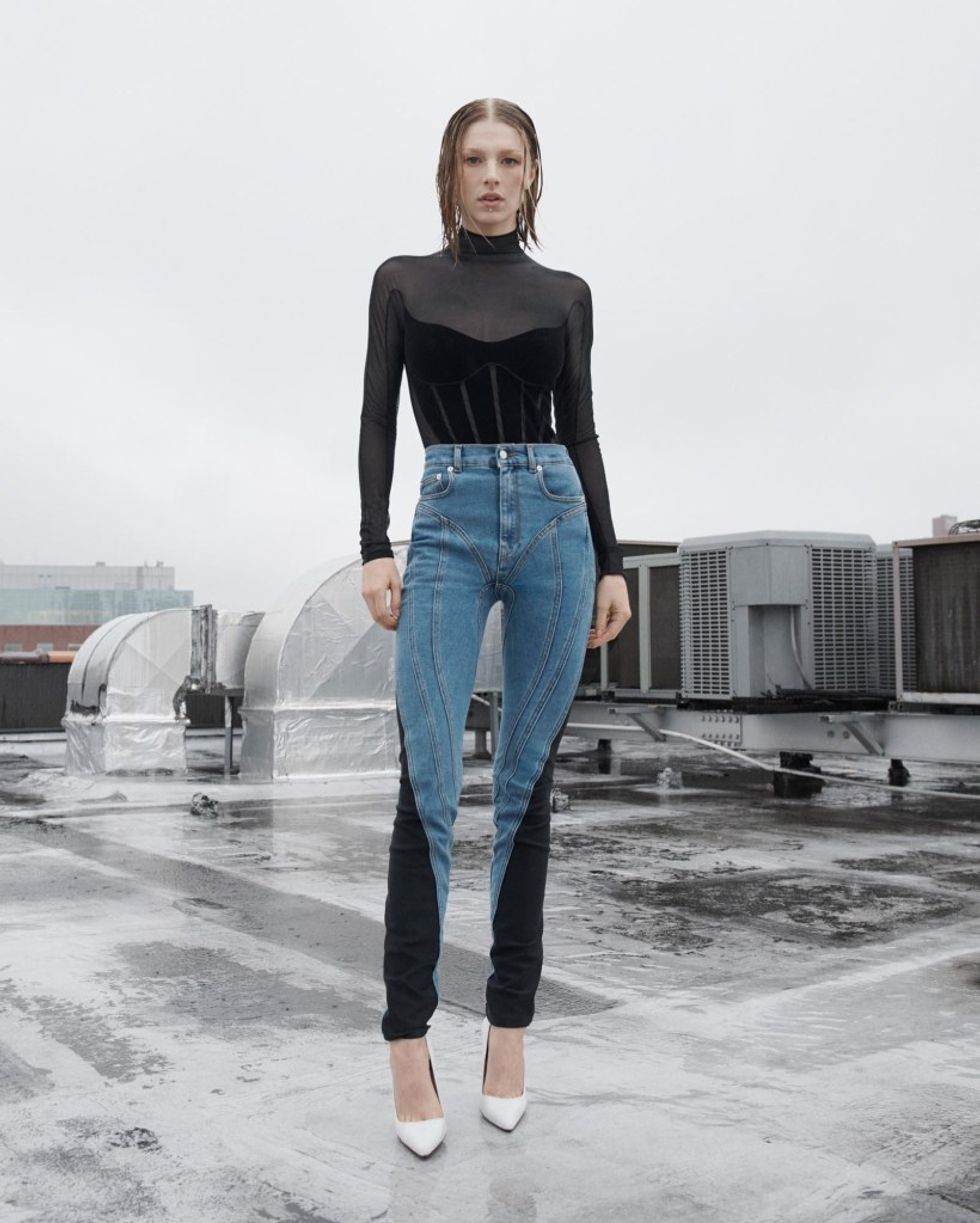
The same can be said of Blade Runner 2099. Schafer did not audition for the upcoming Prime show; in early spring, producers reached out to gauge her interest in the project, which she turned down because she didn’t want to do more television. But after they spent more than a month attempting to cast the role to no avail, they returned in early June with another pitch. “It ended up being an amazing meeting, and they showed me what they were wanting to do,” she explains. “I was like, ‘I am willing to devote half a year of my life to this because I really believe in it.’”
“Anything that’s hard, real-life shit, you add the public component, and it makes it much more complicated.”
DOING WHAT SHE believes in seems to come naturally to Schafer, but being herself, pursuing what she wants without apology, hasn’t been without conflict. While Schafer’s pastor father, mother, and three younger siblings are the main scaffolding of her ever-growing support system, she is quick to poke gentle fun at how her career has come into direct tension with her family’s beliefs, specifically religion. She leans forward excitedly when I reveal I am a fellow PK — the colloquial term for a pastor’s kid.
“Being a PK is its own experience,” she says, smirking. “You don’t have to just think about your parents, it’s also the congregation. People will say, ‘Oh, Hunter’s on a TV show!’ And then they’re gonna watch the show and I’m having very raw sex and slicing my arms the first episode! And then my parents have to deal with that. I’m really pushing the PK button. I can’t say it’s been easy the whole time. But what’s really great about [my parents] is they have never not been willing to learn and adjust. Even if we have had moments of friction, yeah, they’ve always come along, and they understand that I’m just on my journey.”
Since that journey has happened at pivotal moments in Schafer’s life — and in public — her biggest reckonings have come internally. In order to survive mentally, she’s had to split herself into two people. One, the art-obsessed North Carolina girl who still goes back to visit her family twice a year; the other, the multi-hyphenate It girl who’s happy to sign autographs and take selfies with fans, but quickly recognizes when a fellow celebrity is more focused on clout than genuine friendship. “One of my best friends still to this day, Z” — that’s Zendaya to the rest of us — “had already been in that world for a while and was able to show me the ropes,” she says.
“It’s the same thing with relationships,” she adds. (Schafer publicly dated singer and Euphoria cast member Dominic Fike. In April, she also confirmed a previous relationship with Spanish pop star Rosalía.) “Anything that’s hard, real-life shit, you add the public component, and it makes it so much more complicated,” she says.
Take last July, when Angus Cloud, who played Euphoria’s Fezco, died of an accidental overdose at the age of 25. He was a beloved star on the rise, which made interest in his death skyrocket — and put millions of eyes on the cast during their grieving process. Throughout our interview, Cloud is a specter, someone Schafer often alludes to but avoids mentioning outright. When I ask about him, she freezes, eyes filling to the brim with tears.
“I still have a hard time,” she says, taking several deep breaths between each phrase. “Grief is a bitch. It’s nonlinear. And it’s hard to make sense of, especially early in my life, too. Obviously, I’m in a less-raw place than I was. We’re coming up on a year. I know it became a public thing, but at the end of the day, it still feels very private. The world has this relationship to him, and they knew him as Fezco. But we knew him as Angus, and that feels like something I need to protect. He was sunshine through and through. He was a gift to the world, and we were lucky to have him.”
If Schafer’s life has been defined by crossroads, she recognizes that she’s at another one right now. She cares about trans rights, but doesn’t want to be responsible for all of them. She has a hard time fathoming Euphoria without Cloud, but filming for Season Three is set to start in January. She’s thrilled to dive headfirst into her latest project and terrified of what it might ask of her emotionally. So with no rewind button available, what Schafer mainly seems to be craving is a chance to figure out the best public, professional, and private version of herself. That and a sick beat, of course.
“At the end of the day, it’s about what my heart feels is right,” she says. “I’m not the same person I was last year. I feel like I’m really growing up. I’m stepping into this new era of adulthood and responsibility and, like, devotion to what I love and what I care about. It’s just about listening to myself. Because all the answers are right there.”
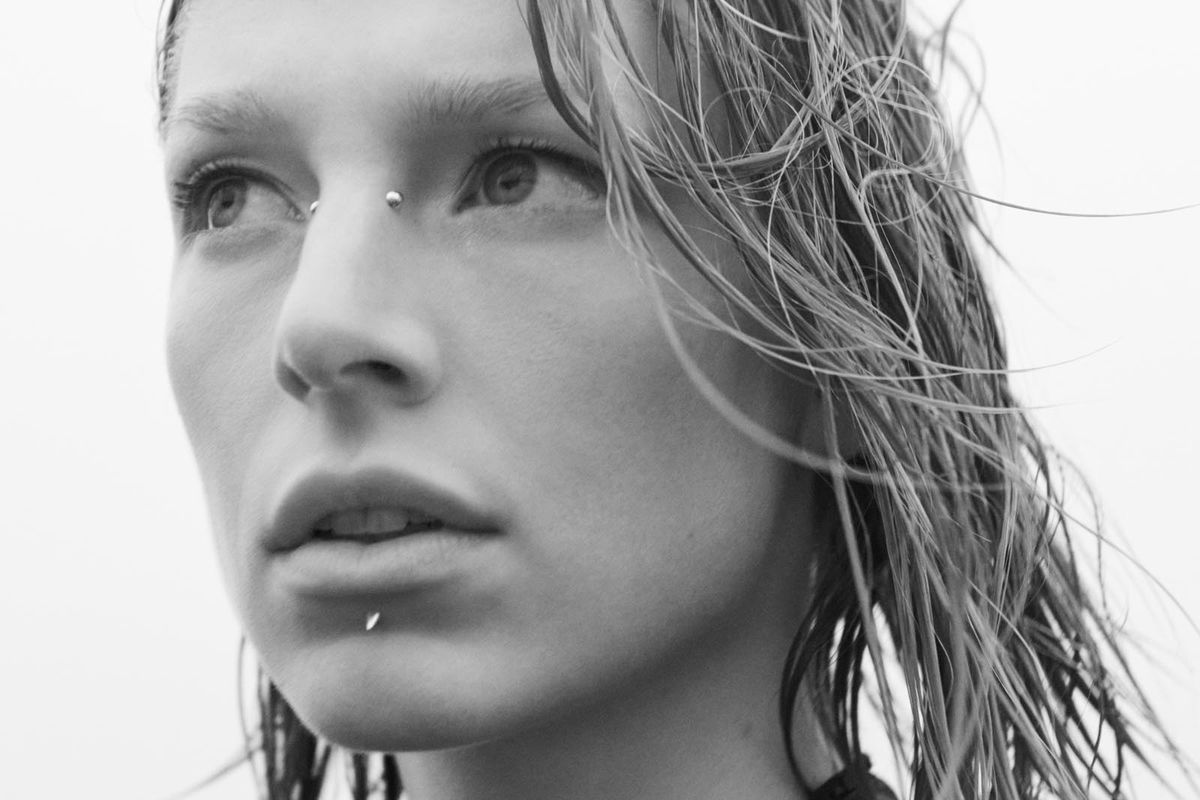






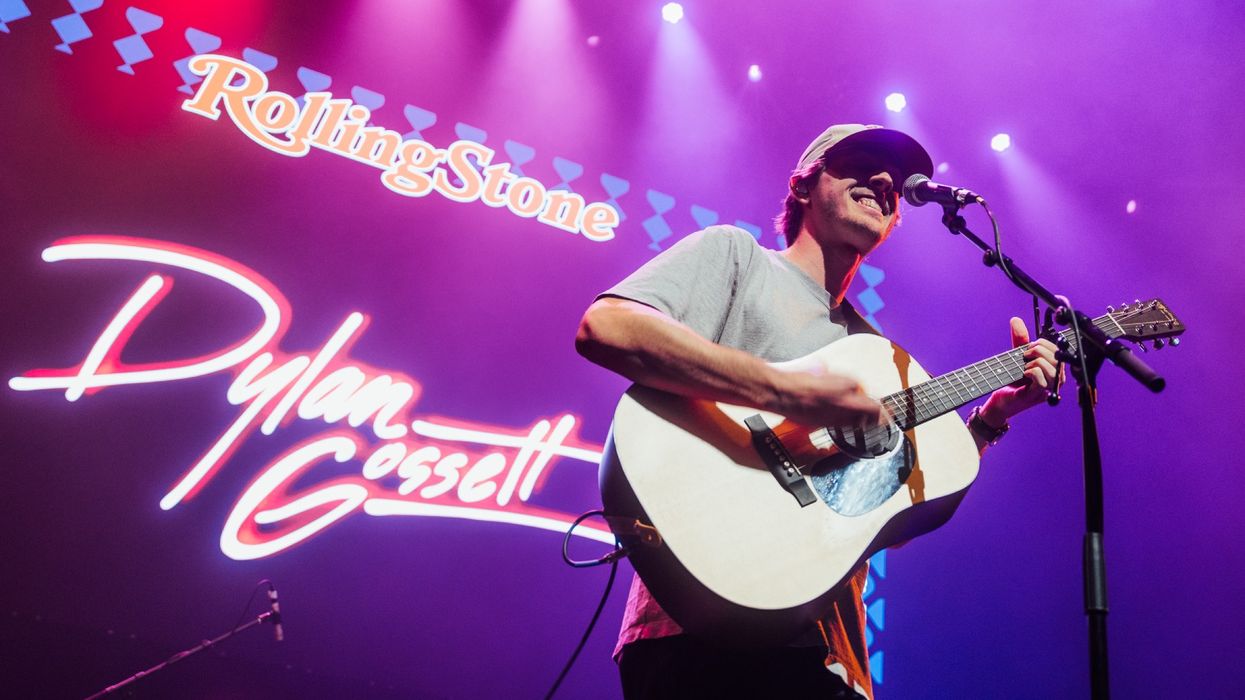
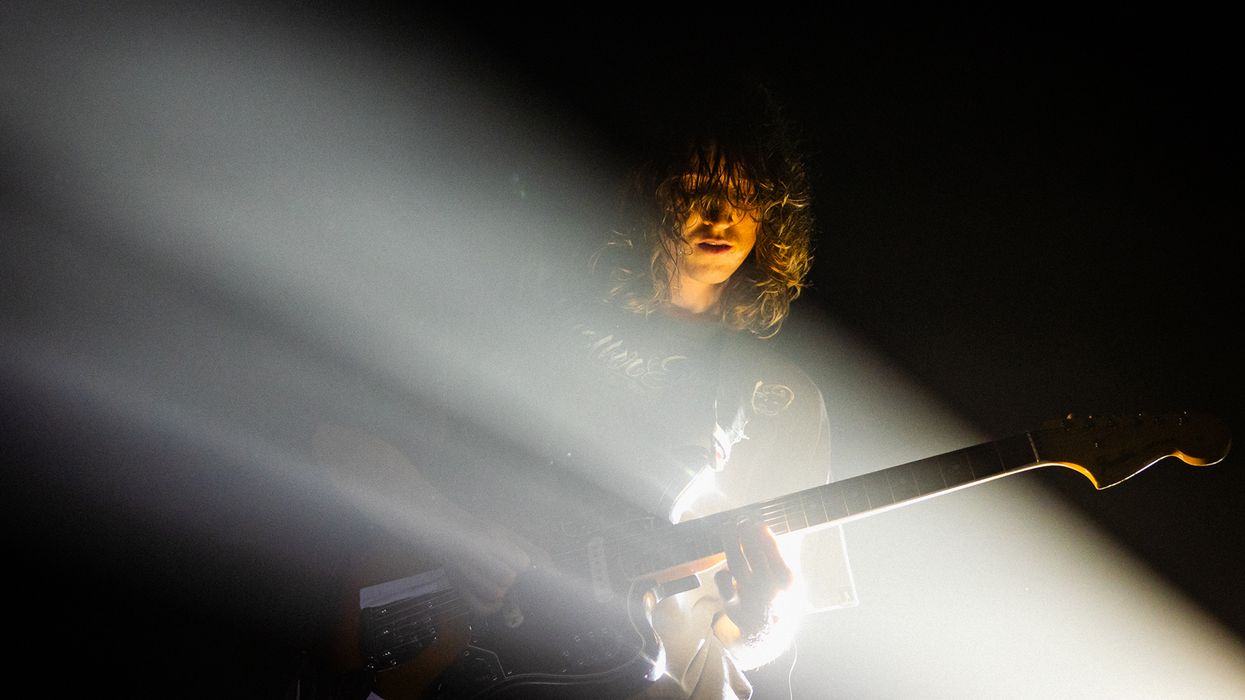
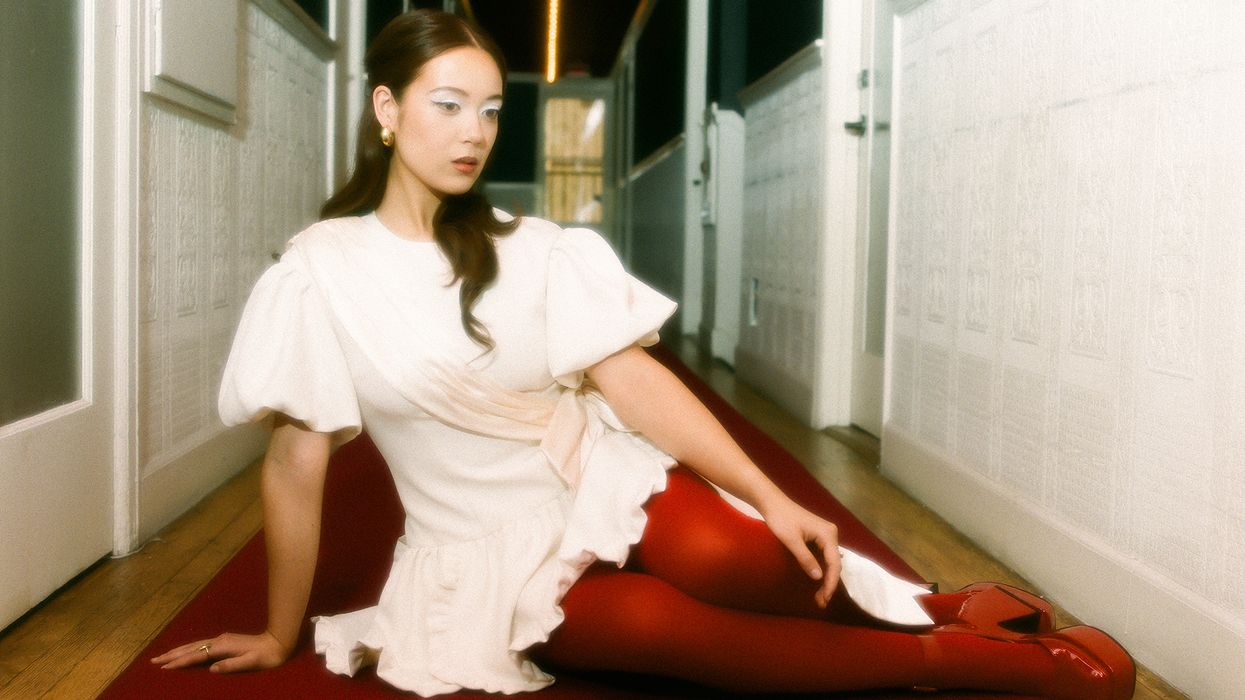
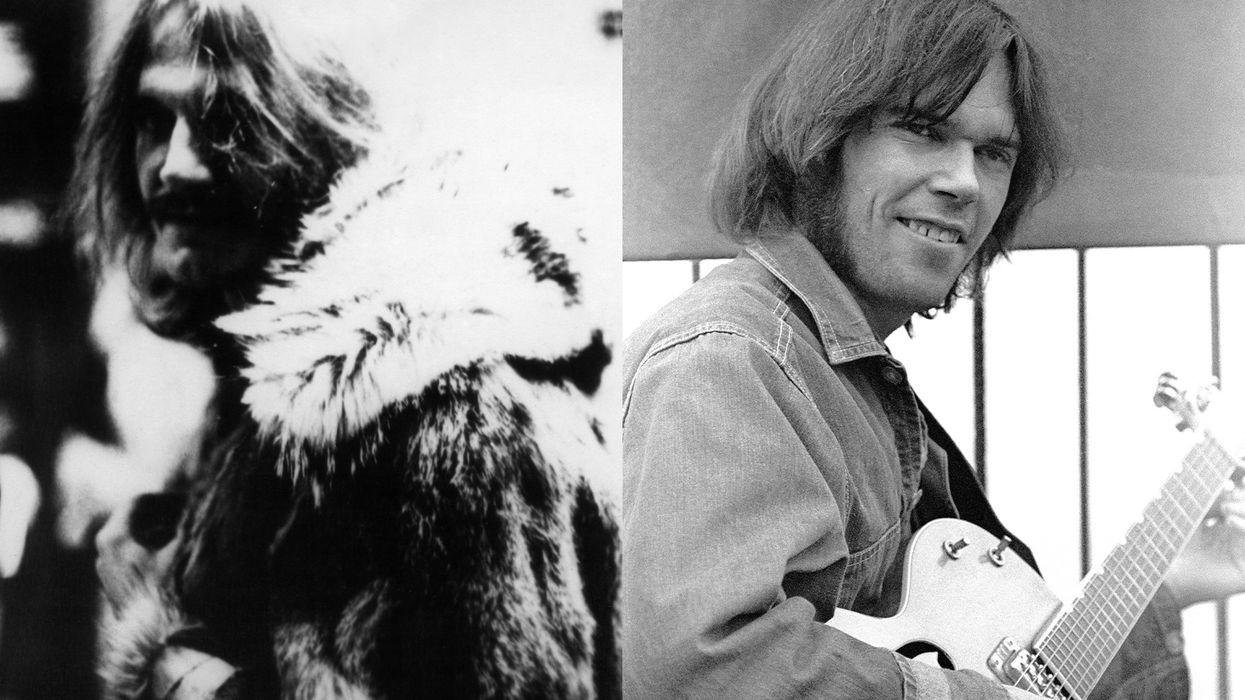
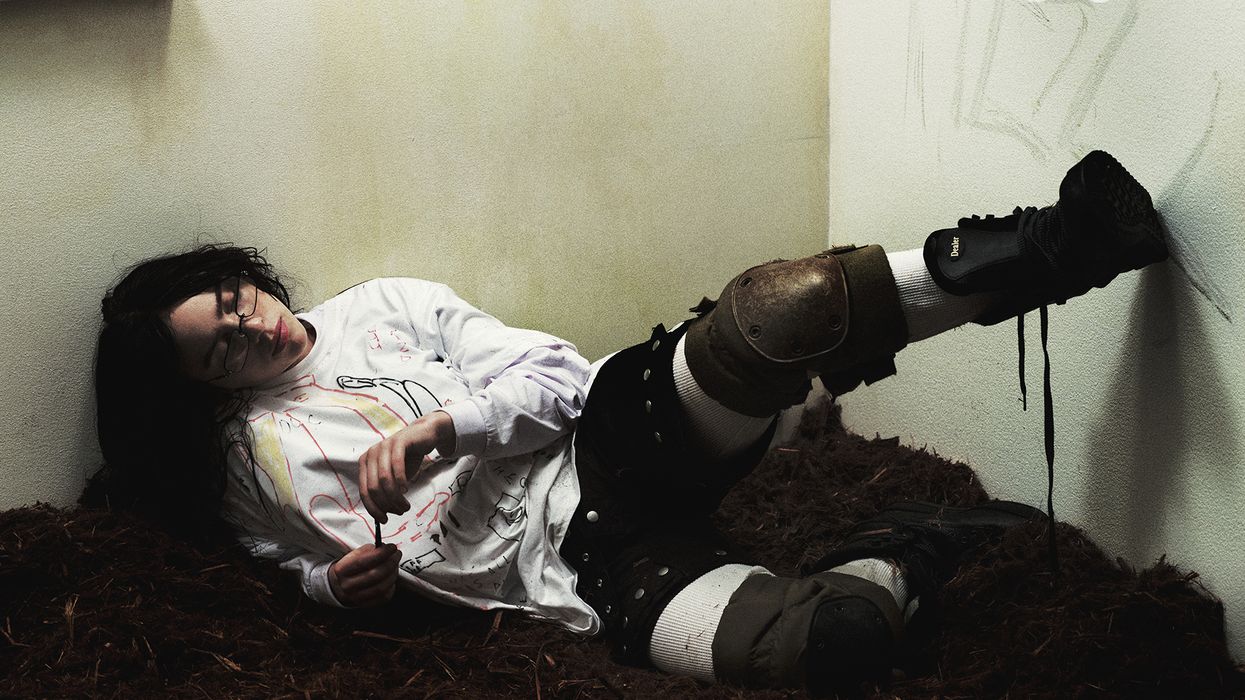

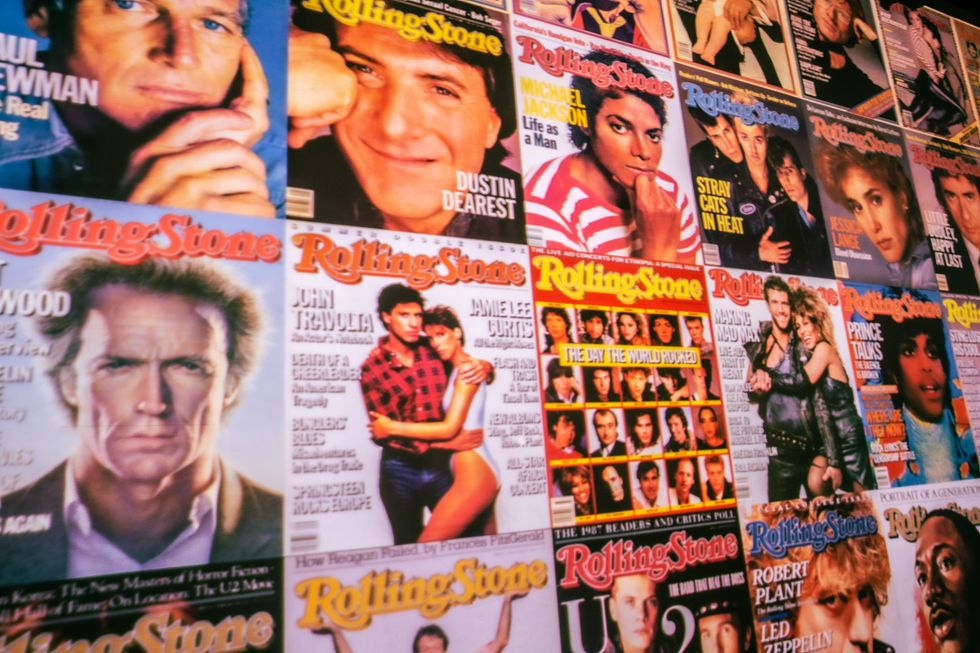
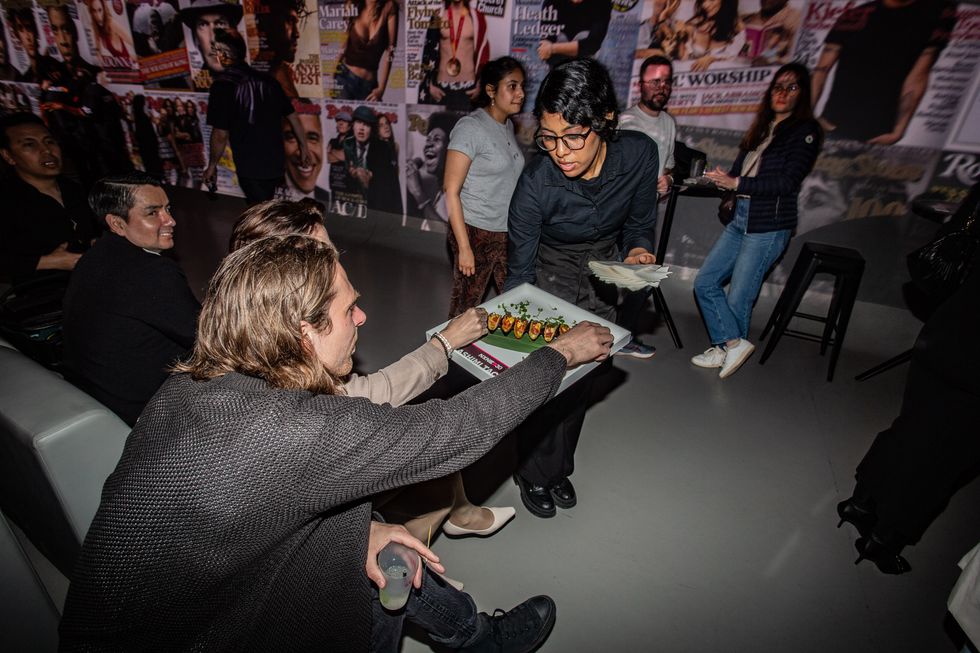 Catering Presented By The Food DudesPhoto by Snapdrg0n
Catering Presented By The Food DudesPhoto by Snapdrg0n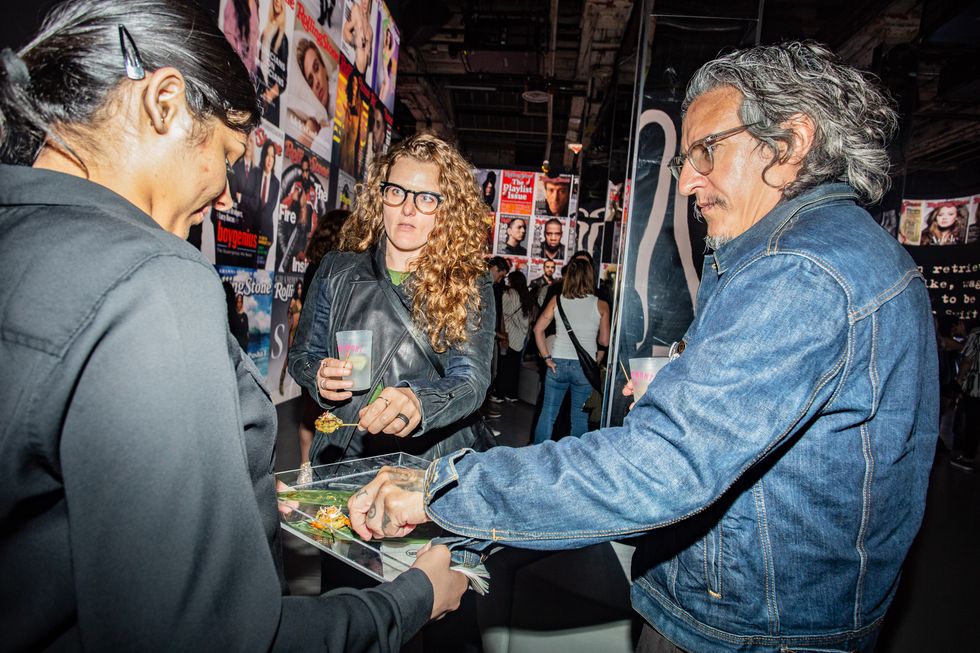 Catering Presented By The Food DudesPhoto by Snapdrg0n
Catering Presented By The Food DudesPhoto by Snapdrg0n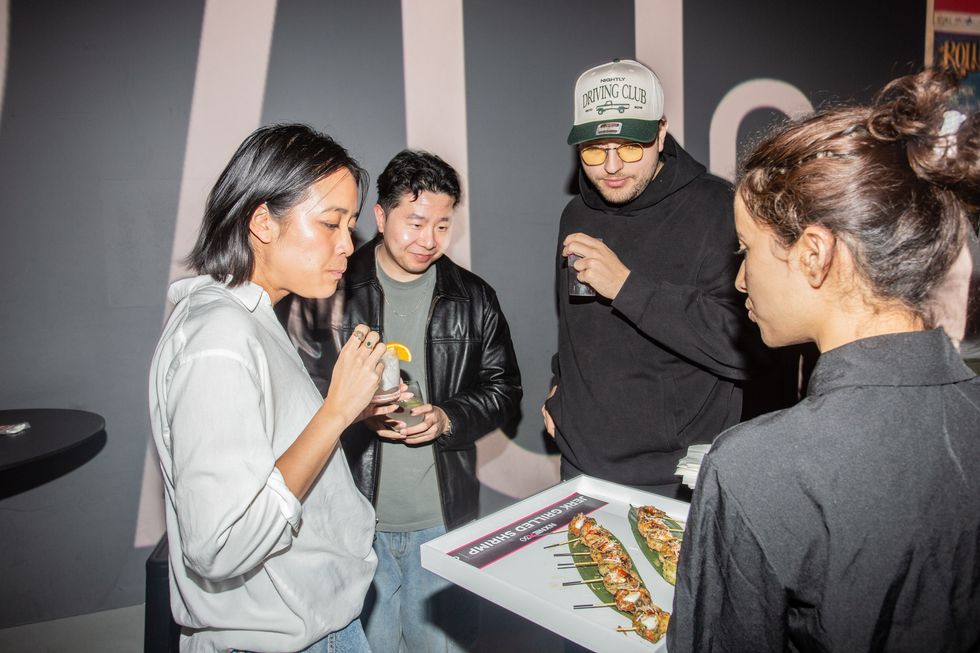 Catering Presented By The Food DudesPhoto by Snapdrg0n
Catering Presented By The Food DudesPhoto by Snapdrg0n
 Photographer: Raphaëlle Sohier / Executive production: Elizabeth Crisante & Amanda Dorenberg / Design: Alex Filipas / Post-production: Bryan Egan/ Headpiece: Tristan Réhel
Photographer: Raphaëlle Sohier / Executive production: Elizabeth Crisante & Amanda Dorenberg / Design: Alex Filipas / Post-production: Bryan Egan/ Headpiece: Tristan Réhel Photo: Raphaëlle Sohier
Photo: Raphaëlle Sohier Photo: Raphaëlle Sohier/ Photo production: Bryan Egan/ Blazer:
Photo: Raphaëlle Sohier/ Photo production: Bryan Egan/ Blazer:  Photo: Raphaëlle Sohier/ Blazer: Vivienne Westwood/ Skirt :
Photo: Raphaëlle Sohier/ Blazer: Vivienne Westwood/ Skirt : 

